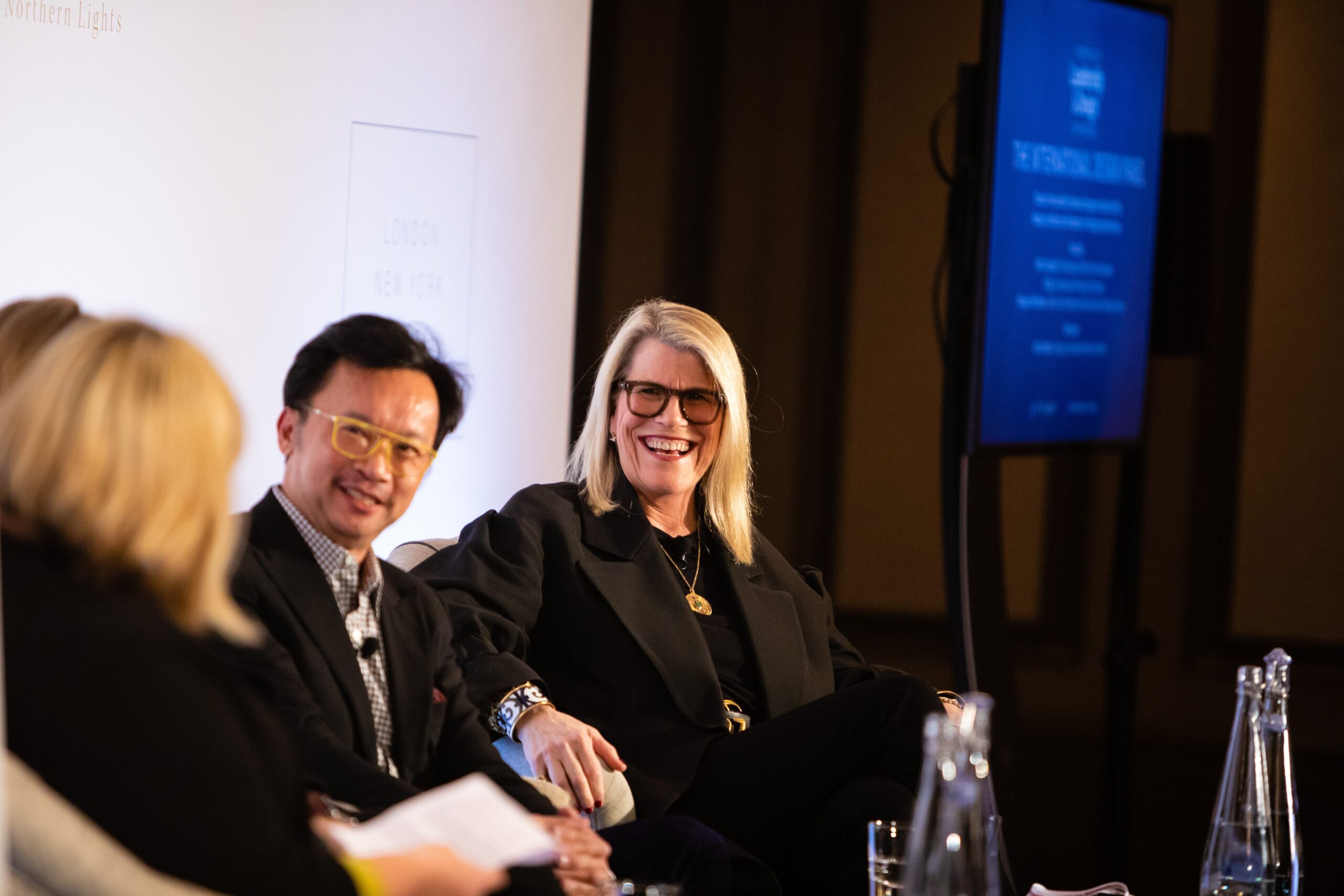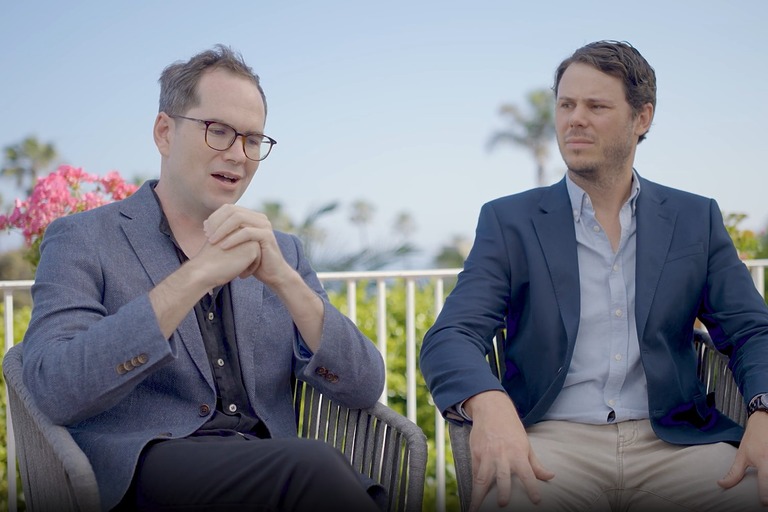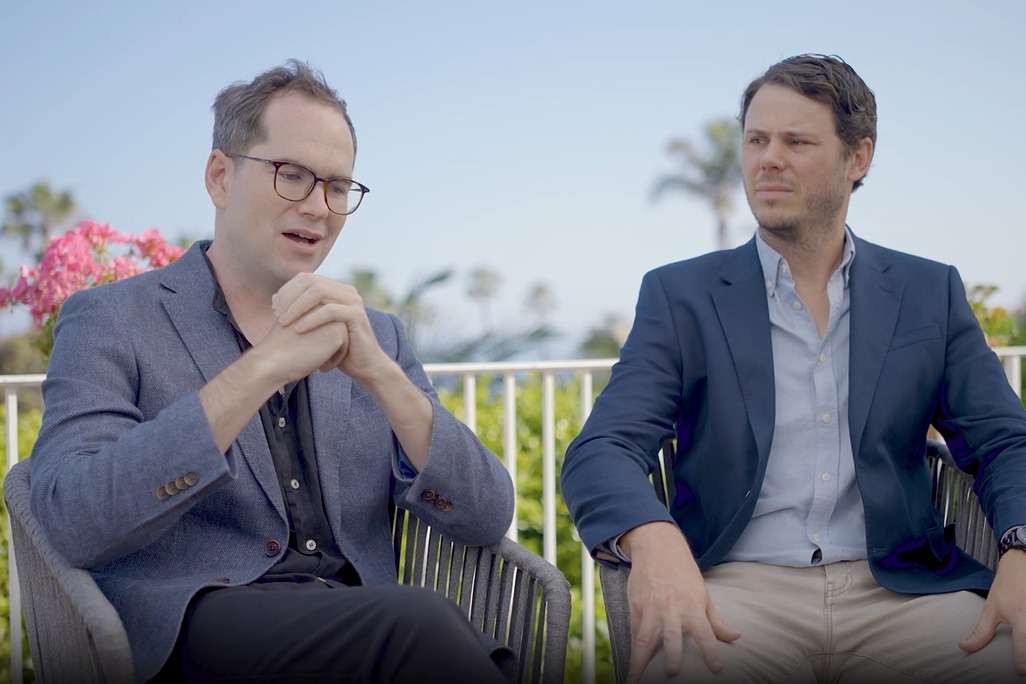Fearlessness, communication and compassion at the core of leadership
By Margaret McMahon
May 15, 2020
Empathy is often cited as one of the core traits necessary for effective leadership. Defined as the ability to understand and share someone else’s feelings, there’s no question that empathy lies on the softer side of business management. In fact, some might suggest that showing empathy is a sign of weakness. To me, though, it’s a great strength, and I believe that we can’t be afraid to show it. After all, to be truly empathetic requires a great deal of vulnerability and fearlessness.
To be truly empathetic requires a great deal of vulnerability and fearlessness.
This matters more now than ever, as businesses and brands need strong leaders to step forward and guide them through these exceptional days. According to Gallup’s, decades of research, “in times of crisis, there are two directions human nature can take us: fear, helplessness and victimization – or self-actualization and engagement. On the latter, if leaders have a clear way forward, human beings are amazingly resilient. There is a documented ‘rally effect.’”
Employees are looking for their leaders to be honest and transparent, but also caring and compassionate. And all of it has to be genuine. I look to examples like Marriott’s Arne Sorenson, and Jerry Inzerillo, CEO of Diriyah Gate Development Authority, who are both in positions of leadership requiring them to communicate with tens of thousands of people. Both Jerry and Arne acknowledged the difficulties we’re all facing with a balance of strength and clarity, humility and concern. While at the same time, instilling a sense of global solidarity and an optimistic vision for our collective future.

Wimberly Interiors team members work on a design concept in London
When we lead by example, our individual leadership traits can have an influence on the whole company culture.
Growing up, my mother reminded me over and over again that I must be genuine and honest, and follow the golden rule of treating people how I want to be treated, and her advice really sank in. The way I see it, beating around the bush does no one any good, and my colleagues need and want to trust that they’re getting the truth. Edelman’s 2020 Trust Barometer supports this notion, reporting that “‘my employer’ was the most trusted institution by 18 points over business in general and NGOs, and by 27 points over government and media.” Their research also illuminates the fact that employer communications are considered “the most credible source of information about the coronavirus,” with 63 percent saying they would believe information from that channel versus 58 percent for a government website and 51 percent for traditional media.
We’re looked at as leaders, but we must have a sense of humility. We’re only successful because of the team around us. Being humble is human. And being fearless is about recognizing that the work we’re doing on a day-to-day basis is all about people. Some might say, “it’s just business.” But we all know that it’s not. There are people involved. Showing empathy and your human side – your vulnerabilities – gives others something to connect with and relate to, whether they’re colleagues or clients, friends or family members. And when we lead by example, our individual leadership traits can have an influence on the whole company culture.

Margaret and AB Concept’s Ed Ng discuss international design at London’s Hospitality Leadership and Design Conference in February 2020
By being genuine and honest, we’re helping employees and customers trust that we’re taking care of them. Once again this is more important now than ever, during a time of crisis. The Washington Post recently reported on the telling results of a survey by the Kaiser Family Foundation. According to KFF’s research, 45 percent of adults say the COVID-19 pandemic has affected their mental health; 19 percent say it has had a ‘major impact.’ Setting aside for a moment the severe medical, social and financial impact this coronavirus has already had, the impact of such a mental health crisis could be similarly profound. Business leaders should be motivated to make sure their employees are okay.
As leaders, we must be able to look for and understand – not just find – the cues that people are giving us.
We must show – not just say – that we care. At times of crisis, we have to ask people if they’re okay – really okay. And we have to build trusting relationships so that people are comfortable answering that question honestly, knowing that we really do care about their response. Adding a layer of complexity to this is the fact that everyone’s life is completely different. We each come from different cultures and backgrounds, with very different personality traits. And even though this pandemic seems universal, we’re each feeling different challenges. As leaders we must recognize and understand these differences by looking within ourselves, and within others. We can’t be afraid to dig into these emotional depths. We need to be fearless in connecting and communicating.
As leaders, we must be able to look for and understand – not just find – the cues that people are giving us and know when to step on the gas or tap the brakes in our communication. But we can’t tread lightly when more guidance is necessary. We have to be fearless in making the tough calls, offering the tough feedback – the constructive criticism. It’s not productive to prevaricate.

Margaret’s isolation color schemes have been a hit on Instagram, covering themes such as fearlessness and new beginnings
We also need to be fearless in trying new things, new approaches to problem solving, especially now as we start to move through this crisis and identify opportunities to emerge stronger on the other side of it. Through risk-taking we reach creativity and innovation. We can’t be afraid to shake things up and take action. We must be less prescriptive and be willing to take on a fresh perspective – to ask questions, to ask for input and advice, and to listen (closely) to the responses.
We can’t be afraid to shake things up and take action. We must be less prescriptive and be willing to take on a fresh perspective.
This goes for businesses and brands, as well as people. As we slowly but surely start to emerge from this crisis, the brands that aren’t afraid to take risks, those that are genuine and people-focused, proactive and nimble will be the brands best poised to succeed. As McKinsey puts it, based on their own research, “be bold in exhibiting vulnerability by lowering your guard and confronting what is unfolding.” These are the days when leaders must truly lead, and act with empathy and compassion toward the people looking to you for guidance and reassurance or, at the very least, looking for honesty and a signal that you’re here to fight this battle with them – fearlessly.
Margaret McMahon is Senior Vice President and Global Managing Director of Wimberly Interiors. With more than thirty years’ experience in the design industry, Margaret’s leadership has seen Wimberly Interiors expand from London and Singapore to New York, Los Angeles, Shanghai and Dubai. She was the first female to be appointed Senior Vice President at WATG and is the former Managing Director of Wilson Associates’ New York office, and former President of the Network of Executive Women in Hospitality’s (NEWH) New York chapter.
Latest Insights
Perspectives, trends, news.

- News |
- Trends
Interior Design Trends 2025: Emotional, Experiential, and Environmentally Conscious Spaces

- News |
- Trends
Interior Design Trends 2025: Emotional, Experiential, and Environmentally Conscious Spaces

- Strategy & Research |
- Trends
2025 Outlook: WATG Advisory predicts the top hospitality trends.

- Strategy & Research |
- Trends
2025 Outlook: WATG Advisory predicts the top hospitality trends.

- Employee Feature
Unlocking Value & Vision: Guy Cooke & Rob Sykes Discuss WATG Advisory’s Bespoke Approach

- Employee Feature
Unlocking Value & Vision: Guy Cooke & Rob Sykes Discuss WATG Advisory’s Bespoke Approach

- Case Study |
- Design Thinking & Innovation
In Conversation: Marcel Damen, General Manager of Rissai Valley, a Ritz-Carlton Reserve

- Case Study |
- Design Thinking & Innovation
